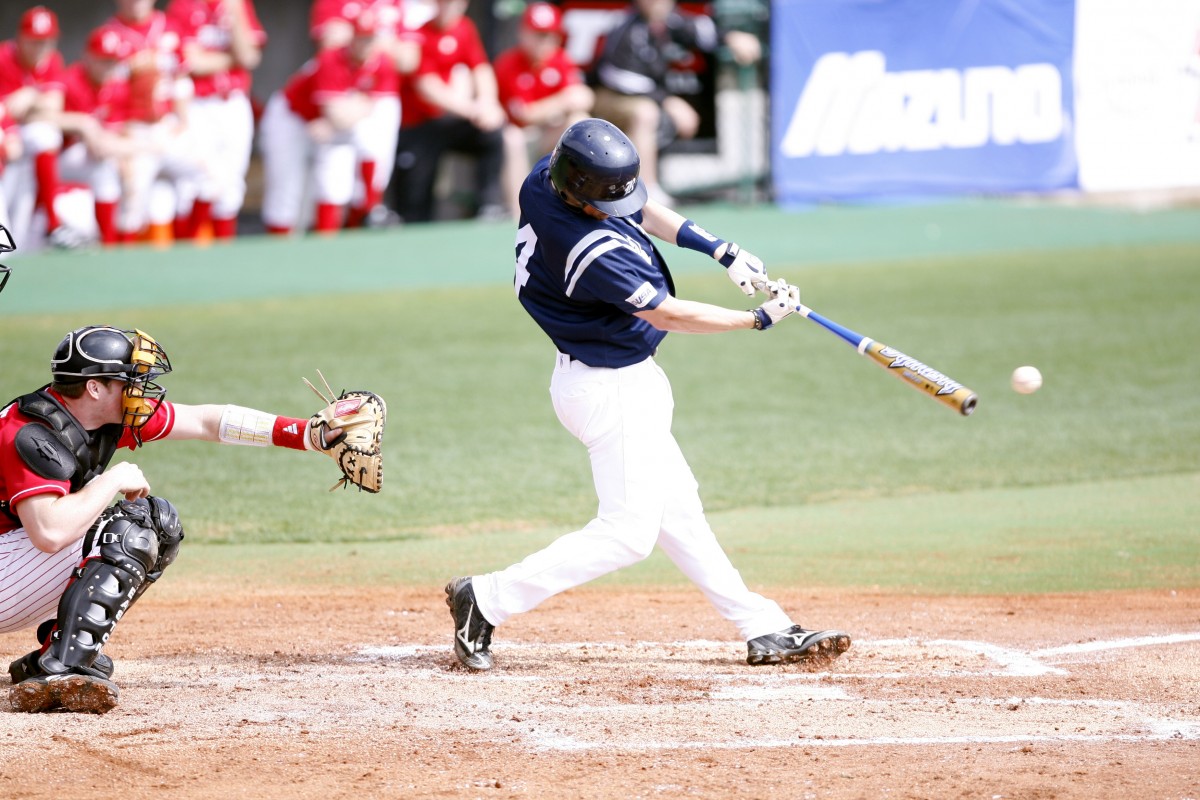Dec 7, 2017Bench Pressing for Baseball
The bench press can be a great tool for building upper body strength, but it has still managed to get a bad rap. This is especially the case in baseball. Many coaches are hesitant to let their players do the exercise because they’ve heard about the possible detriments. And while there are definitely times to avoid it, the bench press can still provide a lot of benefits if utilized correctly.
In an article on VoltAthletic.com, Scott Michael Colby, MA, CSCS, Instructor at McKendree University, and former Head Strength and Conditioning Coach for the Puget Sound Collegiate League, dispels many of the myths surrounding the bench press and baseball. He writes that like any tool, the bench press can easily be misused, and this can be especially detrimental for baseball players who already have certain soft tissue restrictions in their shoulders and elbows. But he also recommends that coaches still incorporate this exercise into their training programs — with a few caveats.
For starters, Colby describes how it’s important to use proper periodization and supervision. Athletes should not rush into benching a ton of weight all the time. There needs to be a gradual progression where they build up strength while avoiding overuse. This is a common issue with the bench press, as many people (not just athletes) look to the exercise as a way to beef up their arms and chest. Before allowing an athlete to bench press on their own, make sure they have developed proper technique and modify the exercise when needed.

When it comes to baseball players, Colby does not think it’s necessary to completely avoid the bench press as it provides an effective way to develop anterior-posterior balance. This means training both pushing and pulling motions. Baseball players are often spending more time doing pulling motions in order to strengthen their rotator cuff muscles, which are associated with deceleration of the arm in the overhead throwing motion. So the bench press offers a way to incorporate a pushing motion into their training and prevent anterior-posterior imbalances.
Yet, there are times when the bench press should be avoided. If a baseball player is chronically sore, hurt, or injured they will likely have to adjust or limit their strength training, which could mean cutting out the bench press. In addition, Colby does not suggest doing maximum strength bench-pressing at peak intensity during the season. In season training should focus more on sport-specific power and maintenance rather than increasing maximum strength.
One of the main dilemmas when it comes to strength training for baseball is the number of competitive seasons. Players often reach peak intensity levels during the fall, spring, and summer, leaving little time for hypertrophy and maximum strength development. Therefore, it’s important that coaches focus on incorporating exercises such as the bench press only at the proper times.
All together, Colby does not believe that the risks of bench pressing outweigh rewards.
“If workouts are periodized and programmed correctly, then the bench press and/or a variation of the pressing motion should be incorporated within the baseball strength and conditioning program so as to balance prescribed pulling exercises,” he writes.



